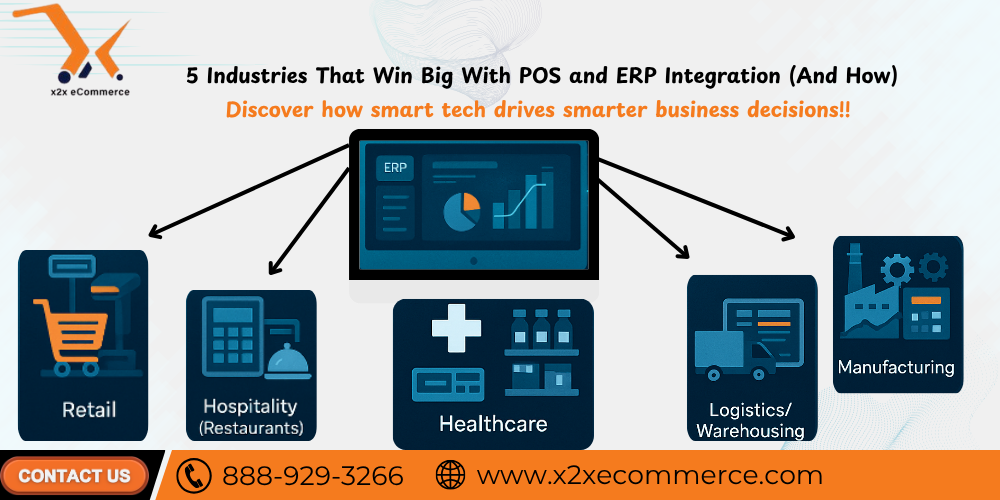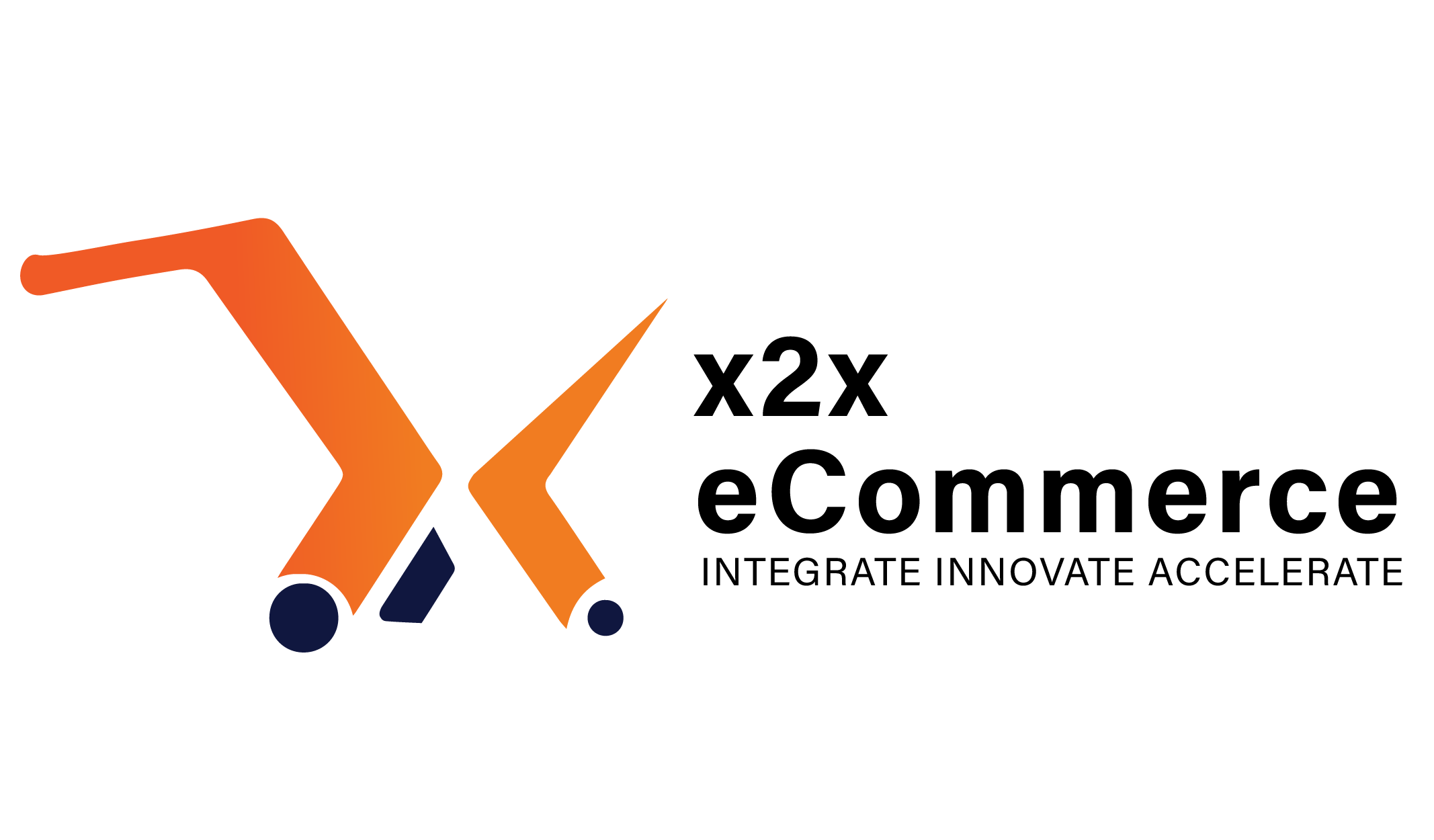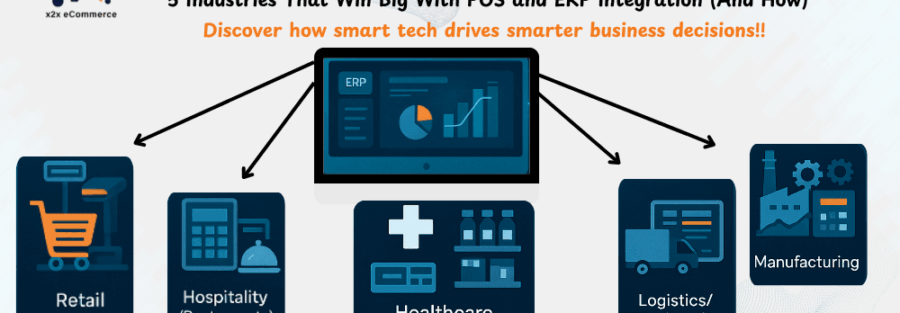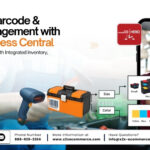
In an increasingly digitally advanced world, isolated systems no longer make sense. Businesses that have combined Point of Sale (POS) and Enterprise Resource Planning (ERP) systems not only perform optimally but also tap into phenomenal, real-time insights that equate to increased profitability.
POS systems draw customer and transactional information in advance, while ERPs manage everything from finances and stock to HR and supply chain. Combined, companies are offered a competitive edge especially in those markets where efficiency and real-time decision-making are most important.
Let us talk about five companies that excel with POS and ERP integration and how the union transforms their businesses.
1. Retail: Omnichannel Perfection and Real-Time Inventory
Why It Matters: Customers visiting physical stores expect to see coherence online and offline. Any inconsistency between what happens online and what exists results in a negative customer experience.
How Integration Helps:
Stock visibility in real time across sales channels
Autopilot re-ordering and low-stock alerts
Promotion, price, and customer insights at the center
Offline-to-online single-reporting
Use Case: A fashion apparel retailer leverages POS-ERP integration to synchronize stores’ and eCommerce’s inventories, enabling capabilities like buy-online-pick-up-in-store (BOPIS) and dynamic discounting.
2. Hospitality: Intelligent Service and Cost Management
Why It’s Important: Restaurants, hotels, and cafes utilize POS terminals for high-speed transaction processing. But back-end efficiency from procurement to payroll is managed in the ERP.
How Integration Benefits:
Real-time inventory and kitchen levels reduce waste
Bill and table turn over at a faster rate, improving service
Single, unified picture for revenue, expense, and profitability
Streamlining of menu planning with cost evaluation
Use Case: A hotel chain uses POS instead of ERP to track bar and restaurant revenue in real time and centrally manage procurement and budgeting to realize more stringent cost control and standardized guest experiences.
3. Grocery & Supermarkets: Speed and Scalability
Why It Matters: The global commonality of supermarket chains is high-ticket, low-margin transactions. Real-time information optimizes stock rotation, price, and vendor terms.
How Integration Delivers:
Real-time sales data for demand planning
Proper expiry tracking and shelf-life control
Loyalty schemes tied directly to ERP customer files
Automated re-ordering by sales velocity
Use Case: A supermarket chain employs POS information along with its ERP to automate orders of suppliers, minimize spoilage, and streamline product offerings based on hyper-local purchasing habits.
4. Pharmacies: Compliance and Inventory Accuracy
Why It Matters: Pharmacies need close management of controlled inventory, expiration dates, and sales reports of controlled drugs.
How Integration Helps:
Batch and lot tracking associated with POS transactions
Compliance-ready audit trails for health agencies
Real-time medication alerts to avoid medication shortages
Integration with Billings for health insurance system billing
Use Case: A chain of pharmacies uses POS and ERP integration to bill prescriptions accurately, monitor controlled stock accurately, and create compliance reports with minimal end-user interaction.
5. Franchise Operations: Local Flexibility, Centralized Control
Why It Matters: Franchising is the job of monitoring various stores in the same way, but allowing local stores to operate effectively.
How Integration Aids
Centralized promotions, pricing, and product catalogs
Localized inventory and sales data in sync with HQ
Simplified financial reporting for all franchisees
Scaling rollout to more locations
Use Case: Fast-casual restaurant chain synchronizes its POS with ERP to centralize menu management, track performance by location, and enforce brand compliance from franchisees.
Convergence of POS and ERP is no longer a choice; it’s a requirement for those businesses where speed, accuracy, and service are deal-killers. If you own a fashion boutique, a restaurant franchise, or you’re constructing a grocery chain, having front-end and back-end systems converged creates an integrated company that expands faster and delivers superior service.





